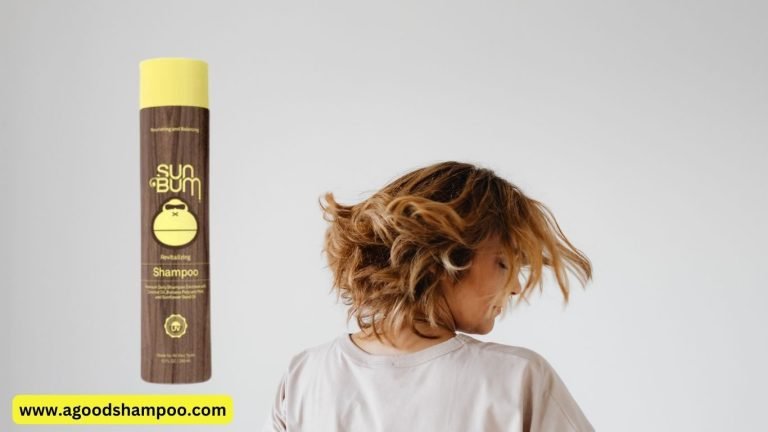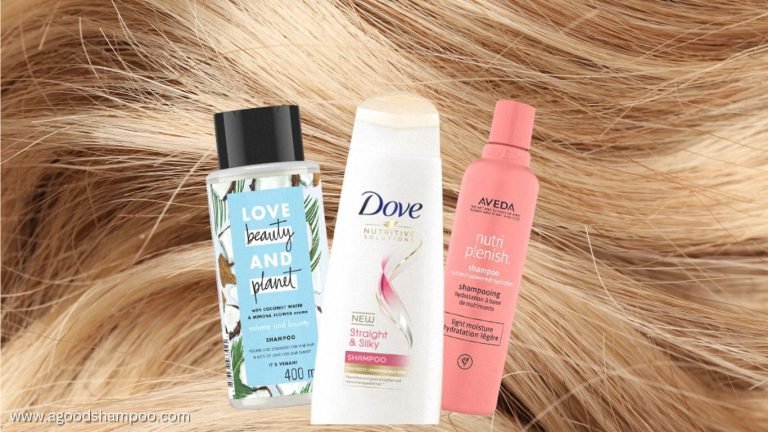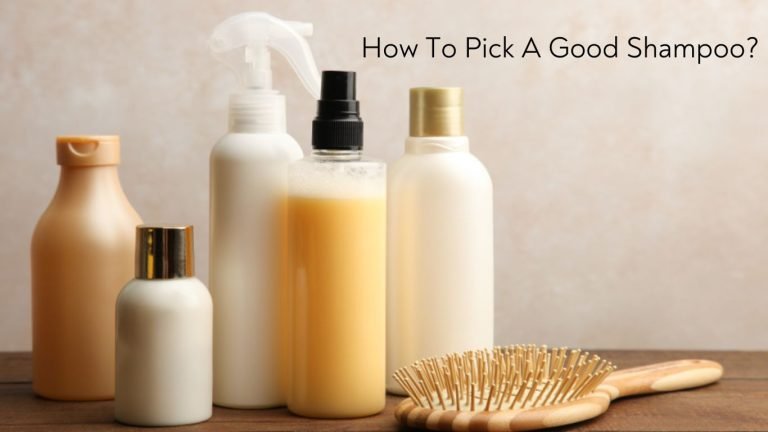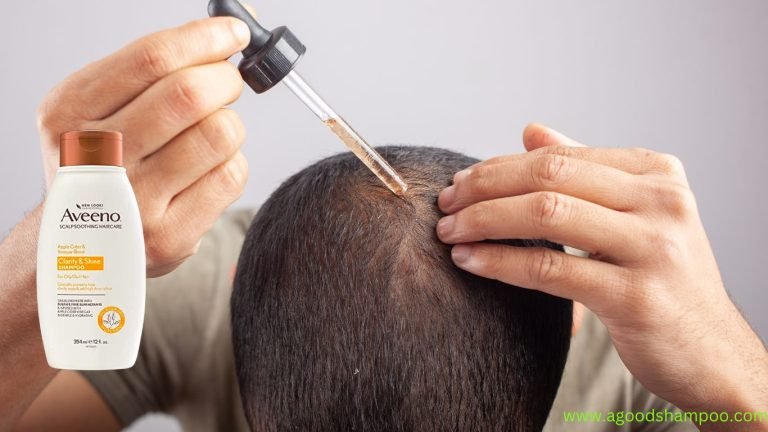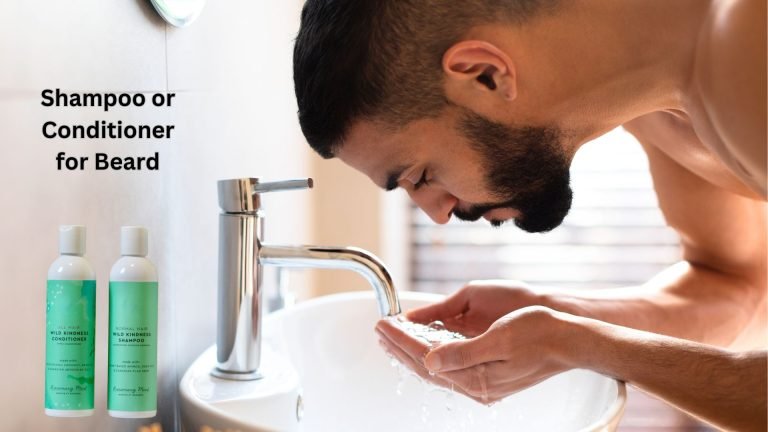Is Shampoo a Good Lube? Here’s What to Know First
You’re in the shower, things are heating up, and oops no lube in sight. You glance around. Shampoo? Conditioner? Maybe even some baby wash? Sounds like a quick fix, right?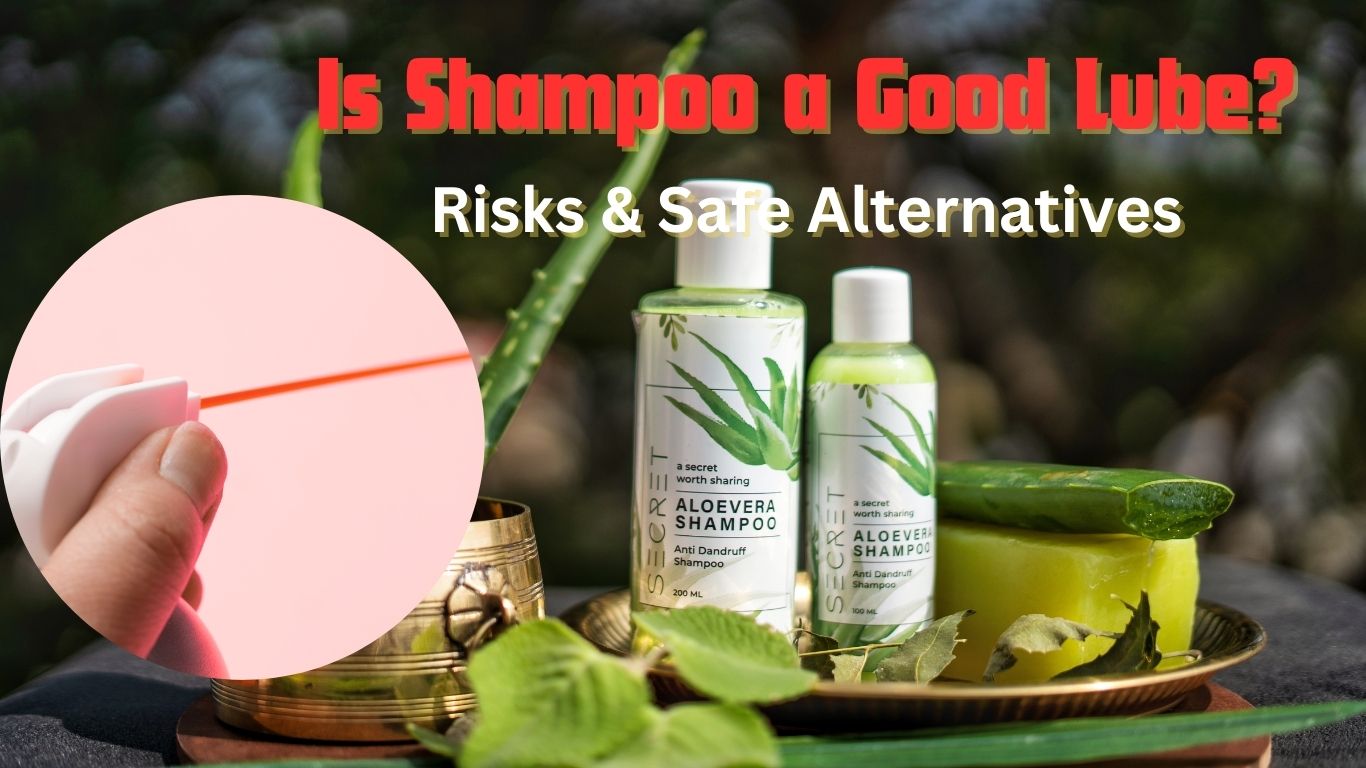
But wait… is shampoo a good lube really?
I’ve been asked this more times than I can count. And I get it when you’re in the moment, convenience is everything. But using shampoo (or anything not meant for lube) can turn a steamy situation into a very uncomfortable one.
So, let’s break it down: what actually happens when you use shampoo as a lubricant and what you can safely use when you’re in a pinch.
The Short Answer: Please, Don’t Use Shampoo as Lube
No, shampoo is not a good lube. Not now, not ever. Even if it smells amazing and gives your hair a silky shine, your intimate parts deserve better.
- Shampoo can seriously irritate your skin especially sensitive areas like the genitals.
- It’s not pH-balanced for down there, which can mess with your natural flora and lead to infections.
- It dries out quickly, leaving you with friction, not glide.
If you’ve ever used it once and felt a burn or weird tightness afterward… that’s your body screaming: “Never do that again!”
But What If It’s Baby Shampoo?
That’s a good question and a common one.
Can I use baby shampoo as lube? Technically, baby shampoo is gentler than regular shampoo, sure. It’s tear-free, fragrance-light, and less likely to cause serious irritation. But it still isn’t designed to go inside or around intimate parts.
Even baby shampoos can disrupt vaginal or anal pH, causing dryness, itching, or infections. So no, baby shampoo is still not a safe or effective substitute for lube.
Conditioner as Lube? Sounds Silky, But… Nope
Some people think, “Okay, not shampoo… but what about conditioner?”
It feels creamy, smells delicious, and is super slippery at first. But here’s the deal:
- Conditioner is often packed with silicones, fragrances, and preservatives.
- Those ingredients are not meant for internal contact and can cause burning or allergic reactions.
- Just like shampoo, it’s not pH-safe for intimate areas.
In short: conditioner might feel okay for a second, but you’ll regret it later.
Body Wash, Face Wash, or Dawn Dish Soap as Lube? Please Don’t
Let’s go over the other popular emergency stand-ins people have tried:
Can I use body wash as lube?
Nope. Body washes are full of fragrances, detergents, and preservatives. It might work for shaving your legs, but using it as lube? That’s asking for irritation and dryness.
Face wash as lube?
Even worse. Facial cleansers can contain acne-fighting ingredients like salicylic acid or alcohols. Putting those anywhere near your genitals is like pouring lemon juice on a paper cut. Not fun.
Dawn dish soap lube?
Okay, stop. Dish soap cuts grease and breaks down oils. It’ll do the same to your body’s natural moisture. Using Dawn (or any dish soap) as lube is like sandpapering your most sensitive parts. Please don’t try it.
Can a Shower Be Used as Lube?
Good question. Water itself is slippery for about five seconds. Then it makes everything feel tight, sticky, and dry.
That’s why water alone isn’t a good lube. It actually washes away your body’s natural lubrication. So if you’re fooling around in the shower, lube is more important than ever.
The fix? Use a silicone-based lube if you’re getting wet water-based ones will rinse right off.
What If You Have No Lube at All? Emergency Options That Are Actually Safer
Look, I get it. Sometimes you run out, or you’re caught in a moment. Here are a few safer alternatives you can consider in a pinch:
- Coconut oil – Natural, antimicrobial, smells nice. Safe for external use, but not recommended with latex condoms (it breaks them down).
- Aloe vera gel – Make sure it’s 100% pure (no alcohol or dyes). Very soothing and generally safe.
- Olive oil or vitamin E oil – Okay for solo play or partner use, but again, not with latex.
Important note: These are emergency options not long-term substitutes. If you’re regularly active, you need to invest in a proper, body-safe lubricant.
What Happens If You Already Used Shampoo as Lube?
If you did it once and it didn’t burn, consider yourself lucky. But here’s what to look out for:
- Itching
- Redness or irritation
- Dryness
- Burning when peeing
- Unusual discharge
If anything feels off down there, don’t panic but do rinse gently with warm water (no soap!) and avoid any contact until the skin calms down. If symptoms persist more than 24 hours or worsen, call your doctor.
Why Using the Wrong “Lube” Can Wreck Your Body’s Balance
Your genitals whether male or female have a delicate ecosystem. The pH, the skin, the natural bacteria. Shampoo, soap, and body washes all mess with that balance.
Using them as lube can lead to:
- Yeast infections
- Urinary tract infections (UTIs)
- Bacterial vaginosis (BV)
- Dryness or tiny tears in the skin
Trust me it’s not worth the risk.
The Best Safe Lubes to Keep on Hand (So You’re Never Tempted by Shampoo Again)
Okay, let’s end this with what to use. Here’s what I always recommend:
For Everyday Use:
- Water-based lubes (like Sliquid, Astroglide, or KY Jelly) – Safe with toys and condoms, easy to clean up.
- Aloe-based lubes – Great for sensitive skin and natural feel.
For Shower Fun or Longer Play:
- Silicone-based lubes (like Pjur, Überlube, or Gun Oil) – Super slippery, lasts longer, doesn’t rinse off in water.
Always go with products labeled “personal lubricant.” If it’s made for hair or dishes, keep it far away from your parts.
Keep the Shampoo for Your Scalp,
Let’s be real: if shampoo worked as a good lube, it would be labeled as one. But it’s not.
Shampoo might be creamy, fragrant, and easy to grab but it’s absolutely not safe to use on your genitals. Whether it’s baby shampoo, conditioner, or your favorite coconut-scented formula, don’t risk it. Your body deserves better.
If you’re ever stuck without lube, grab coconut oil or aloe vera gel but skip the household products. And next time you’re at the store, grab a real lube and keep it nearby. Because the best kind of intimacy is the kind that doesn’t burn afterward.

Carolina Herrera: Cosmetics specialist & Hair Analyst. Specializing in hair treatments, Carolina provides thorough reviews and advice on choosing the best products for damaged or treated hair.

